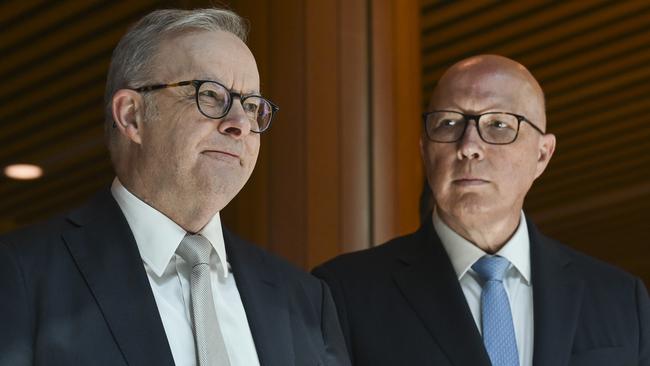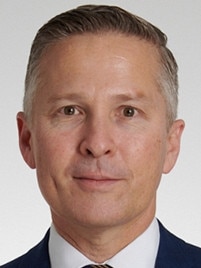Access, equitability, affordability missing for GPs ahead of election
In the coming election campaign, Anthony Albanese and Peter Dutton will have to promise longer GP consults, train more doctors and prioritise women’s health to get doctors on side.

The nation’s GPs are demanding Anthony Albanese and Peter Dutton build their health policies for the upcoming election on advice from doctors, warning successive governments have not been listening to the medical profession and have let patients down.
The Royal Australian College of GPs has warned the public will get sicker the longer health is viewed as a discretionary and postponable expense, as the cost-of-living crisis drives Australians away from doctors’ surgeries and into emergency rooms.
RACGP president Michael Wright told The Australian GPs would rally behind whichever major party could provide incentives for longer appointments, improve women’s health and train enough doctors to make up for the surge in retirements.
The RACGP’s main target for bulk-billing increases were for check-ups longer than the average 20 minutes, for which it wanted a 40 per cent rebate rise. It predicted this could reduce patient out-of-pocket costs by $216m annually, and make more than 4.6 million additional appointments free for patients.
“It’s really important that all Australians need to have affordable access to a specialist GP who knows them. We’re in a cost-of-living crisis, and I’m hearing that people are delaying care, putting off care, and finding it increasingly difficult to access care in the community,” Dr Wright said.
“We really want to focus and increase investment in Medicare for those longer consultations. We’ve got a growing population. They’re ageing, they’re living with more chronic and complex conditions, and more of the care that they need can be and should be provided in the community in general practice.”

He predicted a GP training fund filling an additional 100 positions year-on-year for five years, injecting 1500 new doctors into the Australian system, would provide a groundwork for meeting these demands.
The RACGP’s final election wish is for common women’s health needs to be folded into the government’s GP assessment items, a mandate for which evaluations are considered routine and thereby subsidised.
The women’s health push is based on internal research indicating 4 per cent of women delayed seeing a GP based on cost in the past 12 months compared to 2.5 per cent of men. This was attributed to the higher frequency of chronic health issues experienced by women.
“Having a dedicated health assessment for women will allow issues like chronic pain, endometriosis, menopause to be discussed as a priority within a dedicated consultation,” Dr Wright said.
Though he abstained from criticising the promises each party has so far committed to take to the election, the RACGP has expressed consistent frustration with the direction of health policy under successive governments.
Dr Wright attributed the critical low-point in primary care affordability to the decade under the Coalition in which bulk-billing rates fell out of pace with patients’ needs, and has previously argued Labor’s favoured solution, the introduction of urgent care clinics, was inefficient and would not stop the tidal wave of chronic health issues set to hit Australia’s ageing population.
“The incentives the current government introduced to targeted children under 16 and healthcare cardholders did increase access to bulk billing for those people, but we need to do more for the majority of the population, many of whom are experiencing out-of-pocket costs,” he said.
“We have a good system, we just have to fund it better.
“Urgent care centres have been a large investment in a small number of centres and we are yet to see an evaluation to understand if they are providing value for money … It’s bad for the sustainability of our health system if we’re spending money on things that could and should be managed in the community.”
Data shows 61 per cent of Australians are living with at least one chronic health condition.
Echoing Dr Wright, the Consumers Health Forum warned healthcare costs were increasingly seen as deferrable, when compared to household costs and unavoidable expenses.
“We hear people are making decisions about which medicines to stop and start based on what they can afford,” CHF chief executive Elizabeth Deveny said.
“People are making decisions about whether they can afford to pay a mortgage, or if their kids can go on an excursion. Unfortunately, sometimes healthcare can feel a little discretionary. When your gas bill comes in on a piece of paper with a big number and date, it feels more compulsory (than healthcare).
“It’s not optional but people will often choose when they’re juggling their budget to delay things and then that leads to poor health.”






To join the conversation, please log in. Don't have an account? Register
Join the conversation, you are commenting as Logout